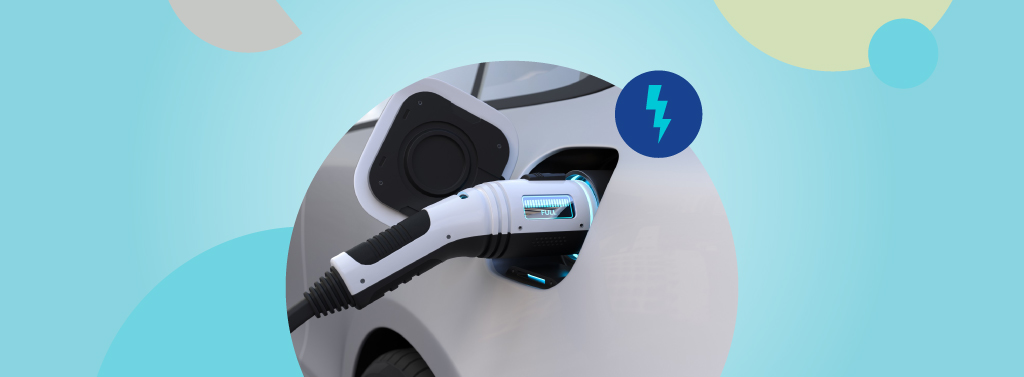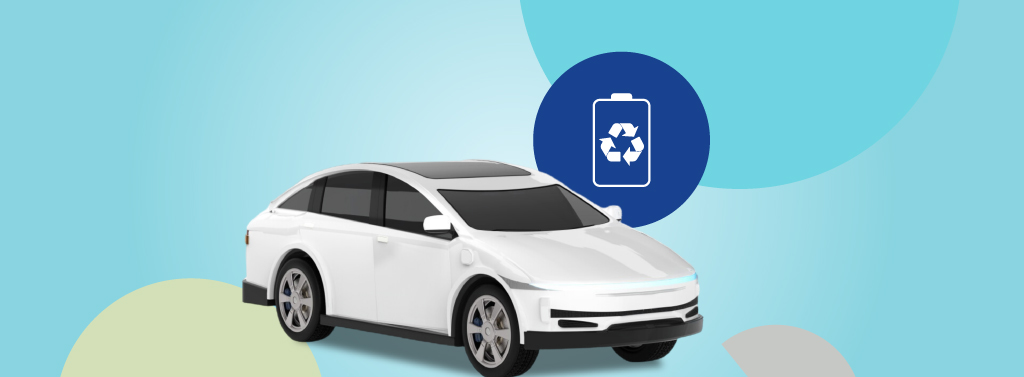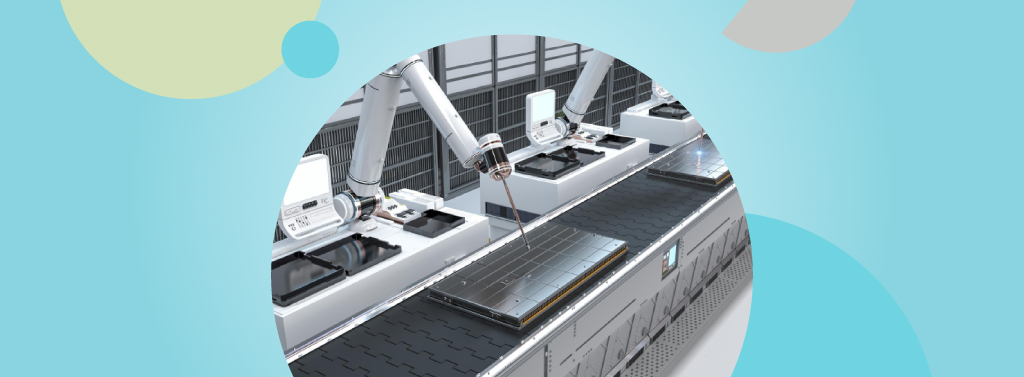-

Cell Balancing: Improving EV Battery’s Performance and Lifecycle
Advancements in battery technology and their environmental benefits have boosted the global demand for electric vehicles (EVs), making it a $786 billion market in 2024. The swelling demand for EVs has played a key role in increasing the adoption of batteries worldwide. The global demand for electric vehicle batteries surpassed 750 GWh in 2023 –…
-

How Long Do EV Batteries Last? A Sustainability Perspective
Experian Automotive Market Trends reported that the number of electric vehicles (EVs) on U.S. roads increased to approximately 3.3 million in 2023, up from 2 million in 2022. This growth in EV adoption is driving a significant transformation in EV batteries as well. However, a common question remains: How long do these batteries really last?…
-

2026 EV Battery Forecast: Why Prices Are Set to Drop 50%
Introduction The market for high-performing EV battery units is expanding due to rising customer demand for environmentally friendly transportation. According to estimates, As of 2023, the EV battery market was valued globally at around $132.6 billion, potentially reaching $508.8 billion by 2033. A global push towards zero-emission automobiles and heightened environmental consciousness are major factors…
-

Innovations in EV Battery Optimization: More Battery Life, Less Degradation
EV batteries have advanced significantly, with lithium-ion technology now enabling fast charging in newer vehicles, allowing for recharges in as little as 15 minutes. However, repeated fast charging leads to battery damage, affecting the electrochemical systems. Studies show that EVs fast-charged over three times a month can reach 80% state of health (SOH) after four…
-

Sulfur-Doped Materials for Ultrafast EV Battery Charging: 80% Charge in 9 Minutes
Despite nearly 14 million electric cars being sold globally, battery charging remains a major choke point for mass EV adoption. Despite upgrades like fast charging, most EVs still take 30 minutes to an hour to charge to 80%. Also, while public charging infrastructure has expanded by 40%, only 35% of chargers globally offer ultrafast capabilities. …
-

CATL and SAIC-GM Join Forces: Is the Next-Gen EV Battery Finally Here?
On September 26, 2024, China-based battery and technology company Contemporary Amperex Technology Co. Limited (CATL) and SAIC-GM came together to bring the next generation of EV battery units to the market—the first 6C ultra-fast charging battery for the automobile sector. A key feature of this partnership is the use of lithium iron phosphate (LFP) chemistry…
-

Challenges and Opportunities in Creating a Circular Economy for EV Batteries
For EV batteries to be resource-efficient, a circular economy must be developed that consists of recycling methods and new material adoption. However, certain obstacles make it quite challenging. As a BBC report suggests, only about 5% of lithium-ion batteries are recycled globally. But why such a dismal figure? This is because extracting valuable materials from…
-

Forecasting EV Battery Leaders by 2025: A Comparative Analysis of Emerging Technologies
The EV battery market has grown from strength to strength in recent years and is expected to surpass the $44 billion mark by the end of 2024. This growth is expected to gain further momentum in the upcoming years due to numerous factors including innovative battery packs, evolving chemistries, and the advent of different battery…
-

Lithium-Ion Battery Recycling for EVs: Current Challenges and Future Prospects
As electric vehicles (EVs) become more popular, one pressing challenge emerges—what happens to all those batteries once they reach the end of their lifecycle? By 2030, millions of electric vehicle batteries with an average lifespan of 8-10 years are expected to need recycling or disposal. Globally, the demand for electric vehicles skyrocketed, with sales increasing…
-

8 Groundbreaking Regulations Shaping the Future of Battery Sustainability
As the world shifts toward cleaner energy, demand for batteries has shot up, driven by a rise in electric vehicles, portable electronics, and energy storage systems. This raises concerns about battery sustainability—the ability of batteries to remain green throughout their life cycle. The current global recycling rate for lithium-ion batteries stands at a mere 5%.…